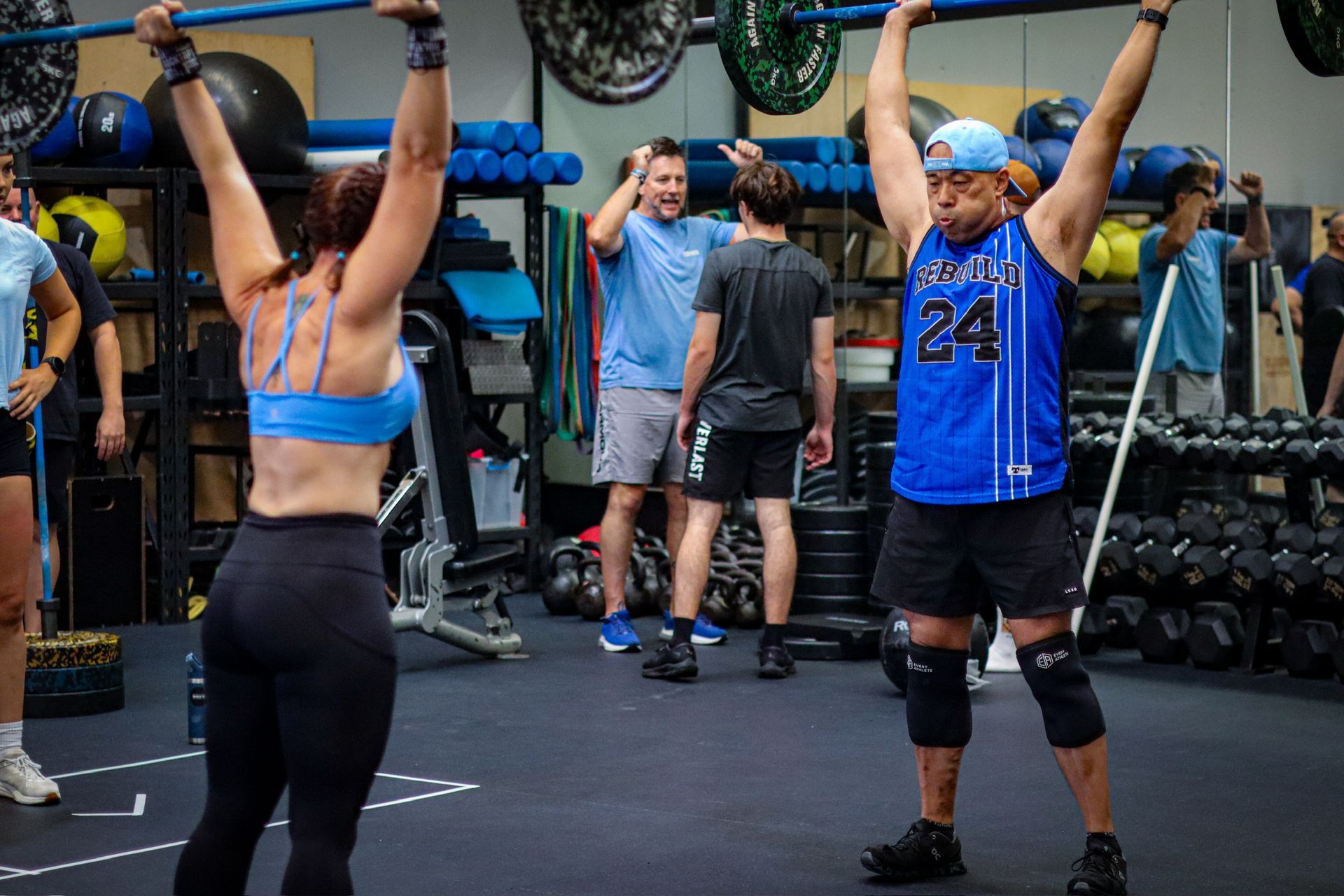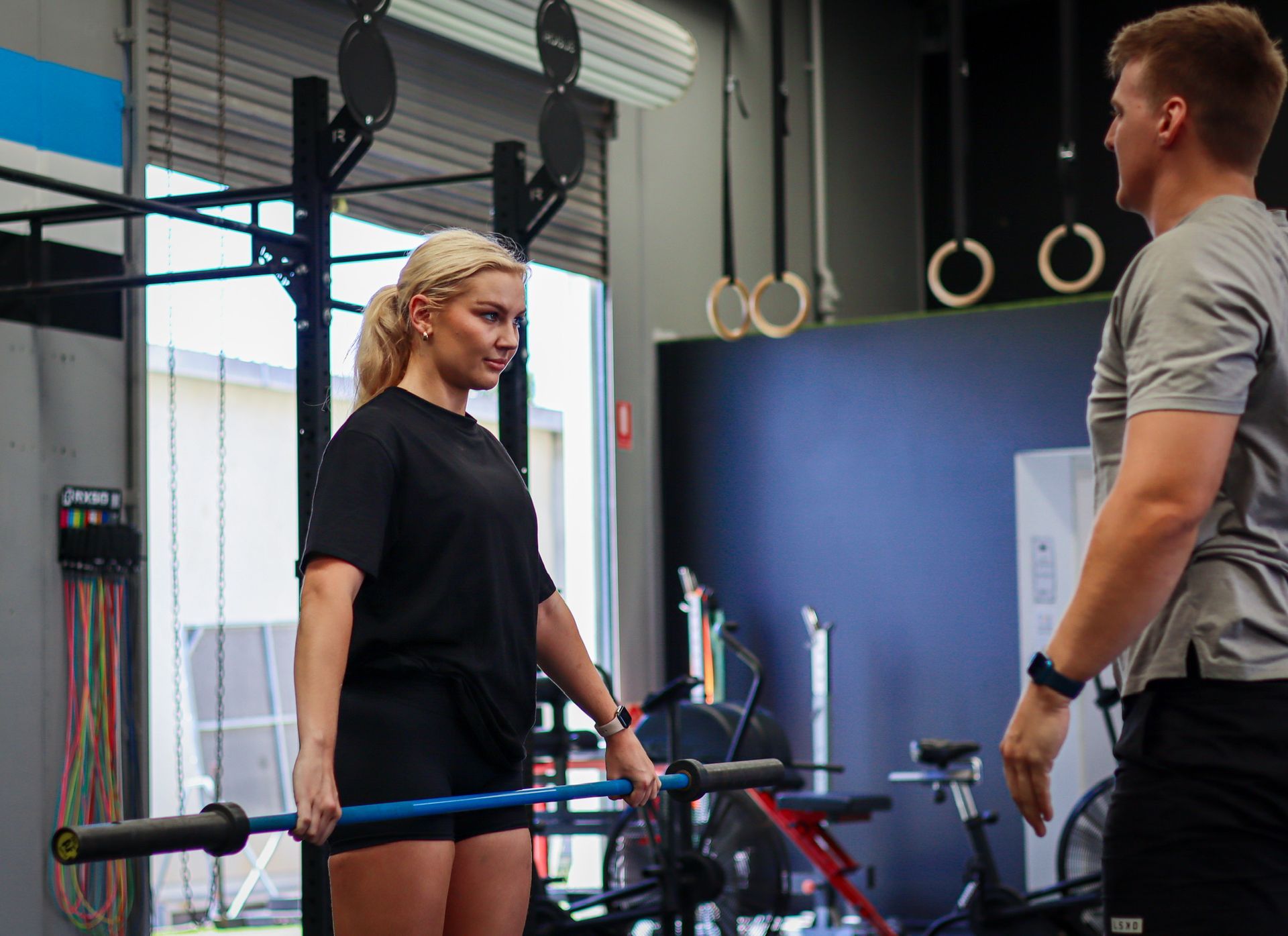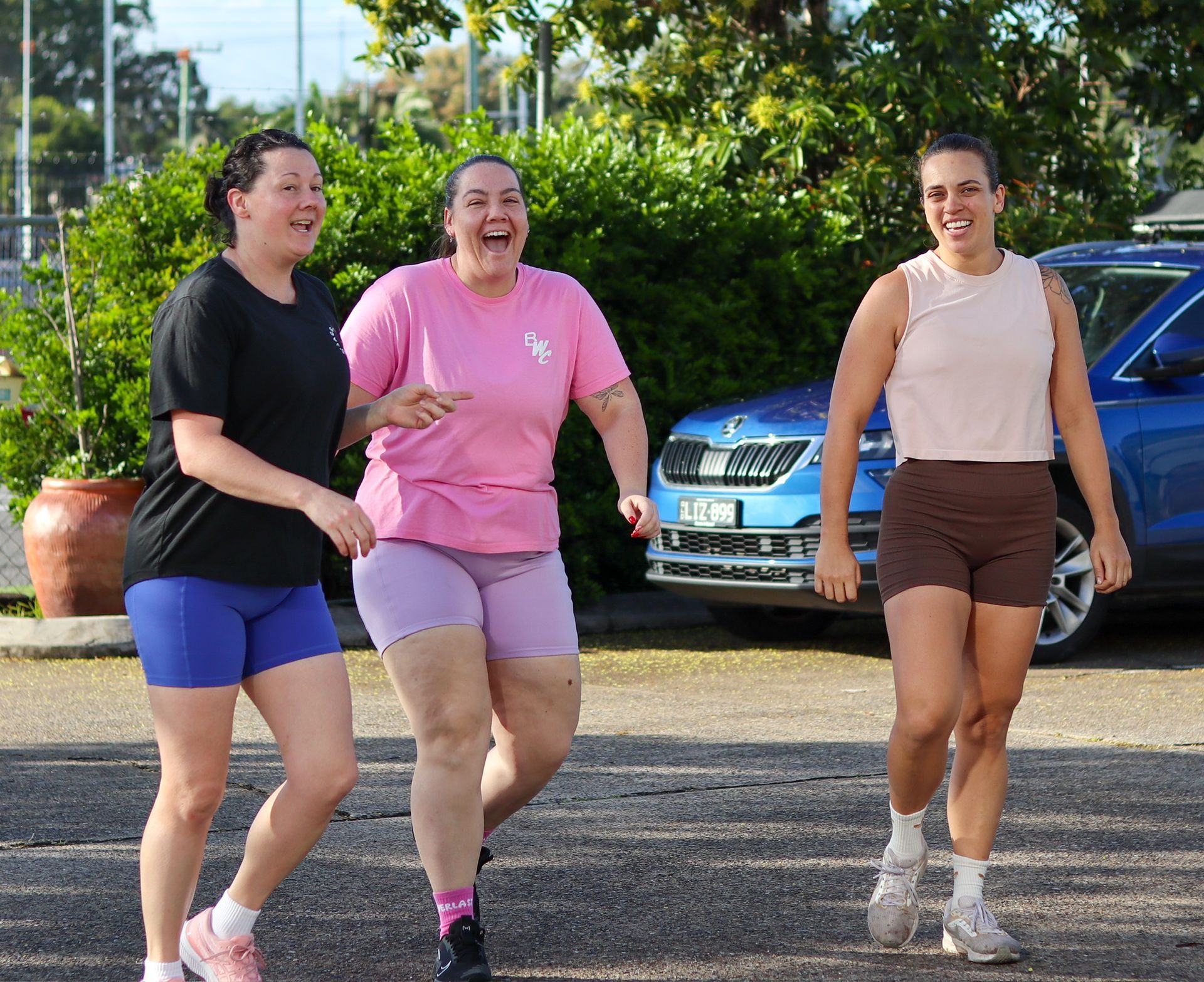Are Personal Trainers Worth The Cost: Why And How They Help
Many people find it difficult to stick to a fitness routine or achieve their fitness goals on their own. This is where personal trainers come in. While the cost of a personal trainer may seem high, the benefits they provide can make it a worthwhile investment in your health and fitness. In this article, we'll explore some of the reasons why personal trainers are worth the cost, including their ability to provide personalized guidance, accountability, efficiency, expertise, variety, and support. By understanding the benefits of working with a personal trainer, you can make an informed decision about whether or not it's the right choice for you.Personalised Guidance: One of the primary benefits of working with a personal trainer is the level of individualised attention they can provide. A good trainer will take the time to get to know you, your fitness goals, and any unique challenges or limitations you may have. From there, they can create a workout program that is tailored specifically to you, taking into account factors such as your fitness level, body type, and any injuries or health conditions you may have. This personalised approach can help you achieve your goals more effectively and efficiently than a generic workout plan. Accountability: Accountability is one of the biggest challenges for many people when it comes to sticking to a fitness routine. It's easy to make excuses or skip workouts when there's no one holding you accountable. But when you work with a personal trainer, you have someone who is counting on you to show up and put in the work. This can help keep you motivated and on track, even on days when you don't feel like working out.Efficiency: Another benefit of working with a personal trainer is that they can help you make the most of your time in the gym. With a personalised workout plan, you can focus on exercises that are most effective for achieving your goals, while avoiding exercises that are less productive or even counterproductive. A trainer can also help you optimise your rest periods and transition time between exercises, allowing you to get more done in less time.Expertise: Personal trainers are experts in fitness and exercise science. They have extensive knowledge of anatomy, physiology, and biomechanics, as well as nutrition and injury prevention. This expertise allows them to provide valuable guidance and insights into the most effective ways to achieve your goals. They can also answer your questions, address concerns, and help you navigate the complex world of fitness and nutrition.Variety: Doing the same workout repeatedly can quickly become boring and stale. This can lead to decreased motivation and even injury, as you may not be challenging your body in new ways. A personal trainer can help you mix things up by introducing new exercises, techniques, and equipment that you may not have tried before. This can help keep your workouts fresh and challenging, while also preventing boredom and burnout.Support: Finally, working with a personal trainer can provide emotional support and encouragement that can be invaluable on your fitness journey. They can help you stay positive and focused, even when things get tough. They can also provide feedback and celebrate your progress, which can be incredibly motivating and inspiring.In conclusion, while the cost of a personal trainer may seem high, the benefits they provide can make it a worthwhile investment in your health and fitness. From personalised guidance and accountability to expertise, variety, and support, a good trainer can help you achieve your goals more effectively and efficiently than you might be able to on your own.Rebuild Health and Fitness has a multitude of trainers able to tailor a program to suit your needs. Contact us for more information.
Previous Blogs




